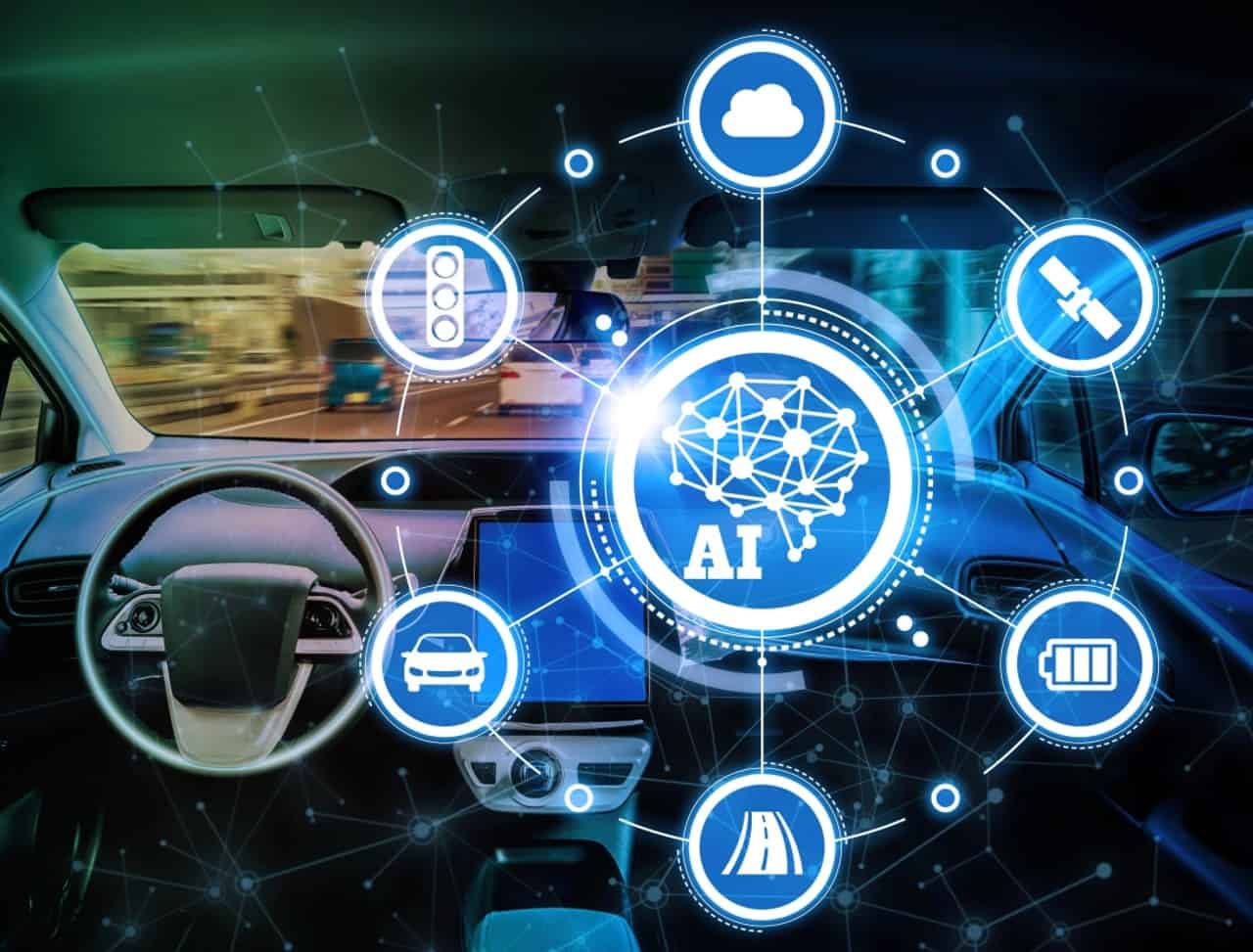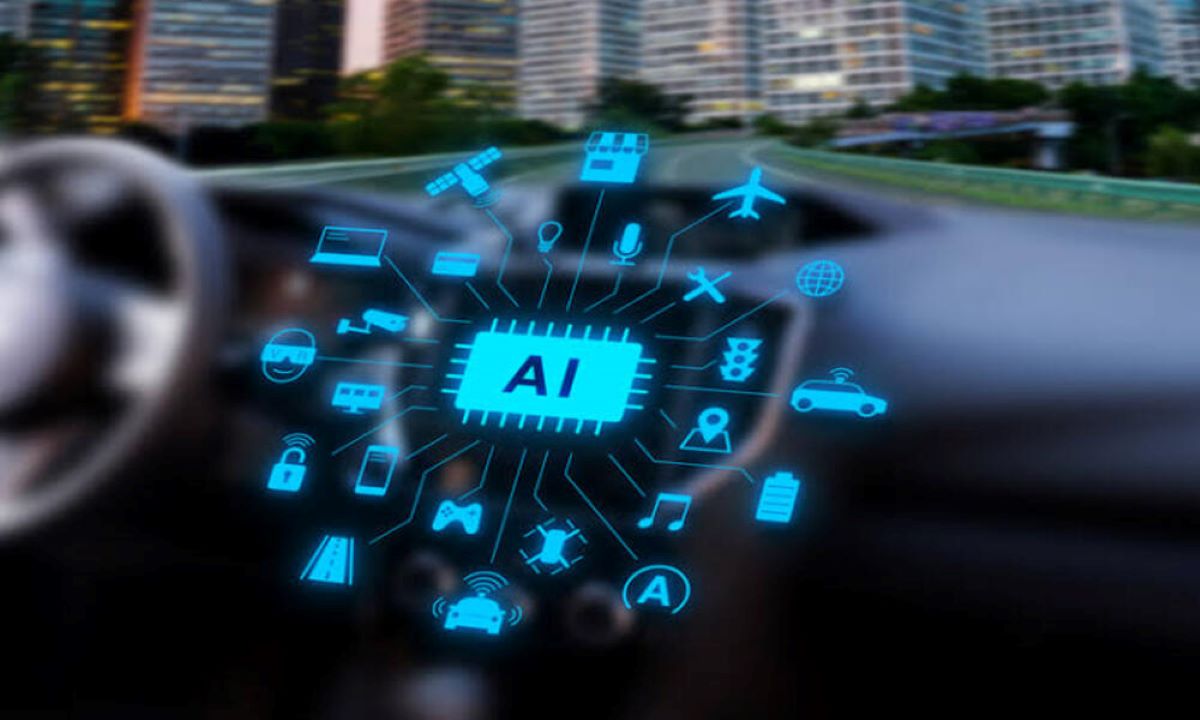There is no denying that tech giants like Alphabet (Google), Amazon, Apple, and Microsoft rank among the most successful American companies in history. These firms have consistently delivered groundbreaking products and services, securing dominant positions in multiple critical industries.
Apple, for example, commanded an impressive 85% of global smartphone profits in Q2 2023 and boasts an active installed base of over 2 billion devices.
Google leads the market with the world’s most popular smartphone operating system (OS) and search engine. Amazon stands as America’s largest e-commerce platform and cloud provider, while Microsoft maintains a commanding 70% market share in desktop OS.
Big Tech’s Expansion into the Automotive Industry
In recent years, “Big Tech” has extended its influence into the automotive sector, which is undergoing a rapid digital transformation driven by connected, autonomous, shared, and electric (CASE) mobility.
Leveraging expertise in software development, artificial intelligence (AI), and cloud computing, these companies are actively shaping the future of this evolving industry.
Revolutionizing In-Car Connectivity
Apple and Google have already made significant inroads into vehicle connectivity. Platforms like Apple CarPlay, Android Auto, and Google Automotive Services allow drivers to seamlessly integrate their smartphone apps, such as Apple Music, Google Maps, and WhatsApp, with vehicle dashboards.
Apple reports that CarPlay is available in 98% of U.S. cars, and nearly 80% of consumers would not consider buying a vehicle without it. Similarly, Android Auto is supported in approximately 200 million vehicles.
Initially, automakers hesitated to adopt these services, fearing Apple or Google would dominate the in-car user experience and control data and revenue streams. However, the rising demand for seamless interconnectivity forced a shift in perspective.

“We kind of lost that battle 10 years ago,” admitted Ford CEO Jim Farley in an interview. Farley added, “You’re not going to make a ton of money on content inside the vehicle. It’s going to be safety/security, partial autonomy, and productivity in our eyes.”
Beyond Infotainment
Big Tech’s ambitions in the automotive industry extend far beyond infotainment systems. Apple, Alphabet, and Amazon are heavily investing in autonomous vehicle technologies, which Apple CEO Tim Cook has referred to as the “mother of all AI projects.”
Though progress in this area has been slow, the tech giants remain committed. Some view autonomous vehicles as a vanity project for these cash-rich companies, while others highlight their potential to reduce traffic accidents, which the World Health Organization reports result in 1.19 million deaths and 20–50 million injuries annually.
For Apple, developing autonomous technology could pave the way for its own electric vehicle (EV) initiative. With smartphone market growth slowing, the Cupertino-based company is exploring new opportunities, and the automotive sector is an attractive option. Apple’s expertise in design, batteries, and chips positions it well to enter this space.
The Competitive Landscape
Apple is not alone in pursuing EV ambitions. Asian companies like Sony and Xiaomi have entered the market, forming partnerships with Honda and BAIC Group, respectively. While Apple has reportedly explored collaborations with various firms, no significant partnerships have materialized yet.
Some analysts caution that Apple should avoid the highly competitive and complex car industry. However, a survey by Strategic Vision revealed that 26% of respondents would “definitely consider” an Apple-branded vehicle. While this figure may seem modest, it places Apple close to established brands like Honda (32%) and Toyota (38%).
“Ultimately, the styling, powertrain, and features Apple introduces will determine consumer interest,” noted Alexander Edwards, President of Strategic Vision. “Still, Apple’s strong brand awareness gives it a formidable platform that traditional automakers should prepare for.”
Challenges for Big Tech
Despite their resources and influence, tech companies face significant public scrutiny. According to Pew Research, 68% of Americans believe that major tech firms wield excessive economic power, and 44% support tighter regulation.
Big Tech will need to prove that its growing influence leads to better products and increased stakeholder satisfaction to overcome potential opposition.
A Transformative Opportunity
The automotive sector contributes 5% to the U.S. GDP and supports 9.6 million jobs. It also plays a vital role in the country’s goal to achieve net-zero emissions by 2050.
Big Tech’s involvement could inject much-needed innovation into a legacy industry that has lost its competitive edge. However, as these companies shape the car of tomorrow, they must avoid creating a dystopian, overly-controlled future—a responsibility they cannot afford to ignore.

